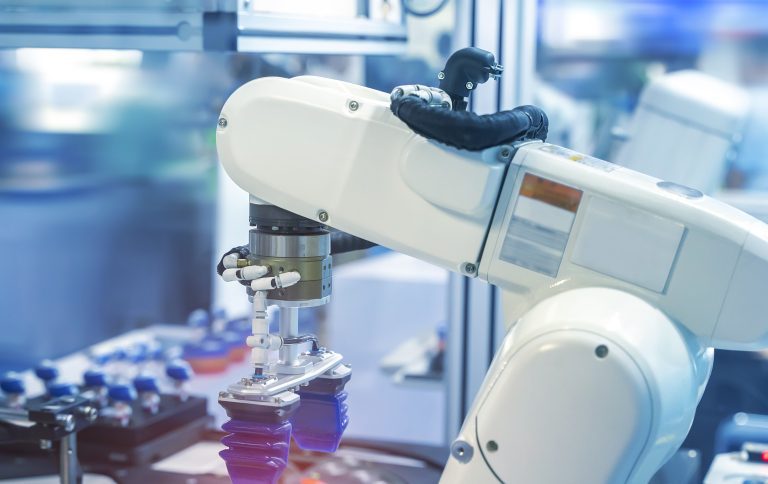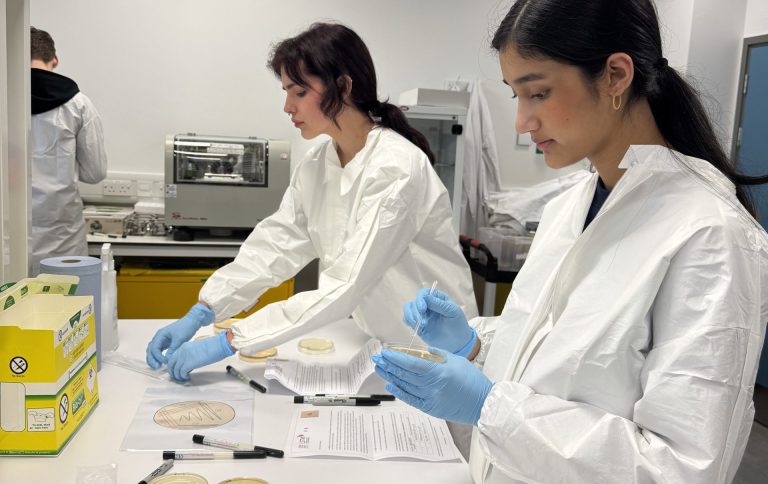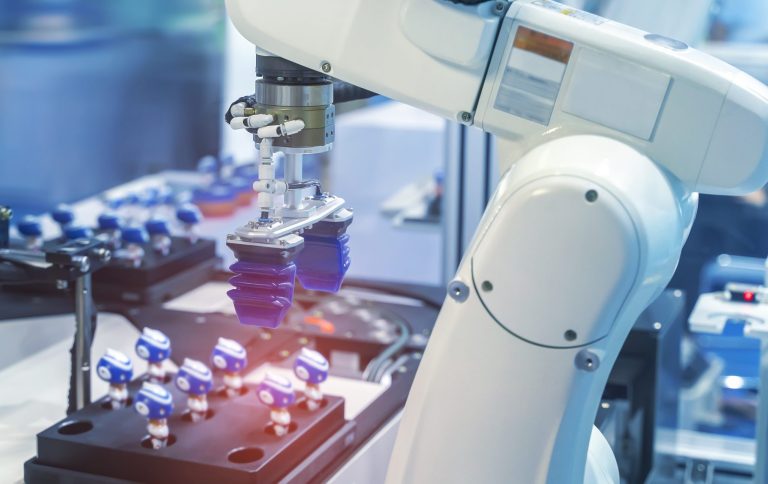- Find our latest Case Studies
- Our Platforms
New organoid models advancing new treatments

iiCON has partnered with bioengineering firm CN Bio to develop, characterise, and qualify multi-organ OOC technology for use in infectious diseases research. CN Bio has previously utilised similar models for drug development purposes, however this is the first time their technology is being deployed to study the high-risk BCL3 respiratory pathogens. Thanks to this project, CN-Bio have showcased the utility of its platform within the infectious disease space, opening up new applications and market opportunities.
The 3D microtissue structures generated using these models accurately mimic multicellular tissue structures, and these can be combined to create miniature multi-organ systems. They recapitulate how tissue structures in the body behave with a constant flow of blood and fresh nutrients across the tissues, providing a more representative microtissue model that accurately mimics conditions within the human body.
iiCON’s Platform Three team are using a multi-organ liver-lung OOC system to study the impact of prodrugs, which work by creating metabolites in the liver that have activity against respiratory infections such as SARS-CoV-2. This work is important for determining whether new therapies are likely to be efficacious clinically, but also for advancing our understanding of how drugs and their metabolites combat infectious diseases.
The new model utilises both upper airway and lower airway lung tissue. This is important for diseases such as COVID-19 which can affect various parts of the lung in different ways, for example the more harmful COVID-19 variants are better able to replicate in the lower airway. This information allows researchers to quickly determine whether an emerging variant is more or less likely to lead to severe illness and so predict the likelihood of increased hospitalisation before the variant has spread significantly through the population.
In addition to iiCON’s work with CN Bio, an Innovate UK grant has supported the platform’s SARS-CoV-2 research, which is aimed at developing advanced in vitro models to inform a novel series of compounds that target the virus. iiCON is working closely with Infex on this project, using its innovative models to screen compounds with the aim of creating more effective treatments for patients that cannot be vaccinated or who are hospitalised due to infection.


